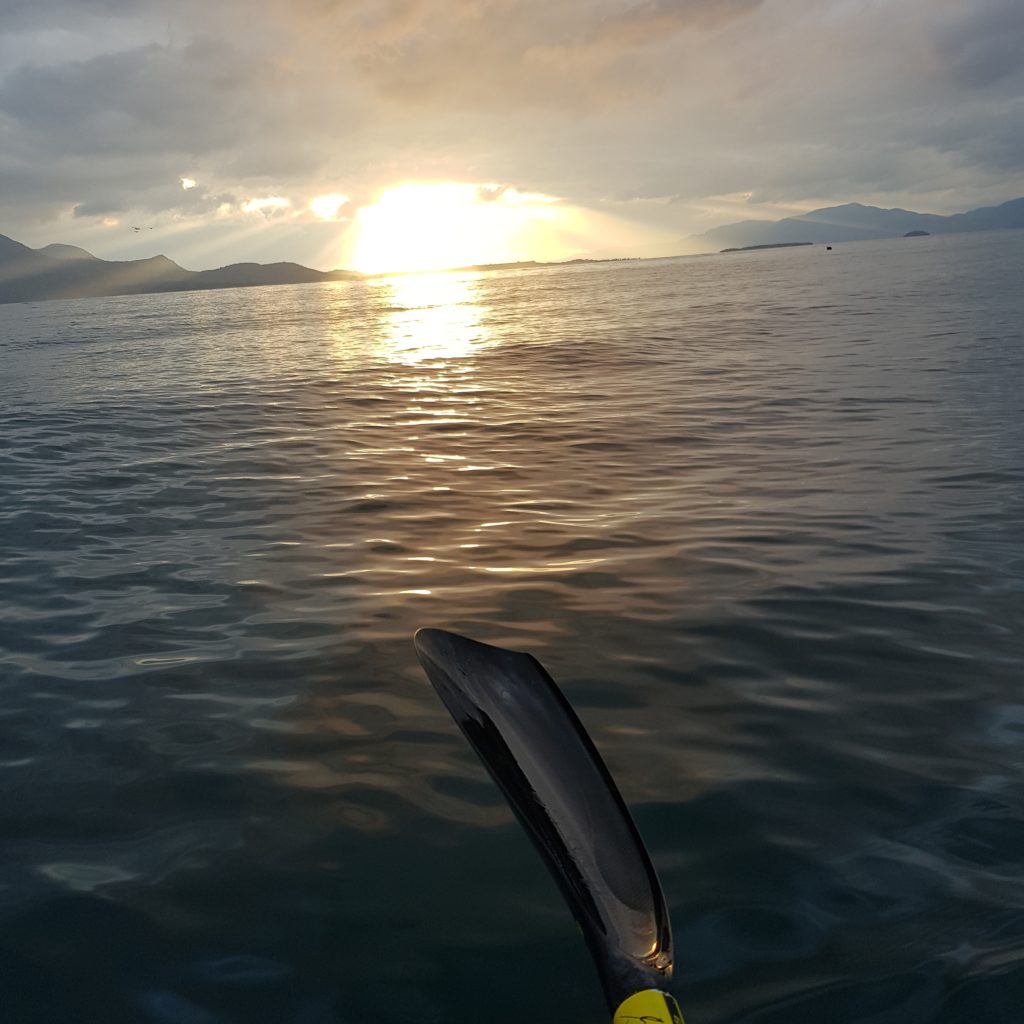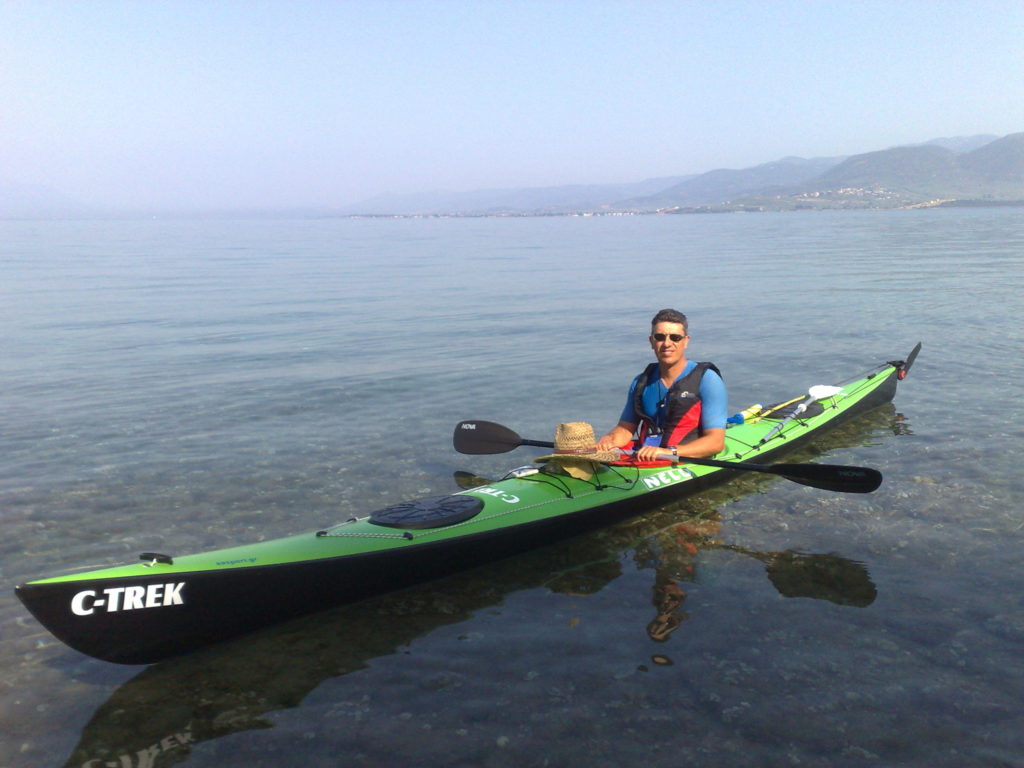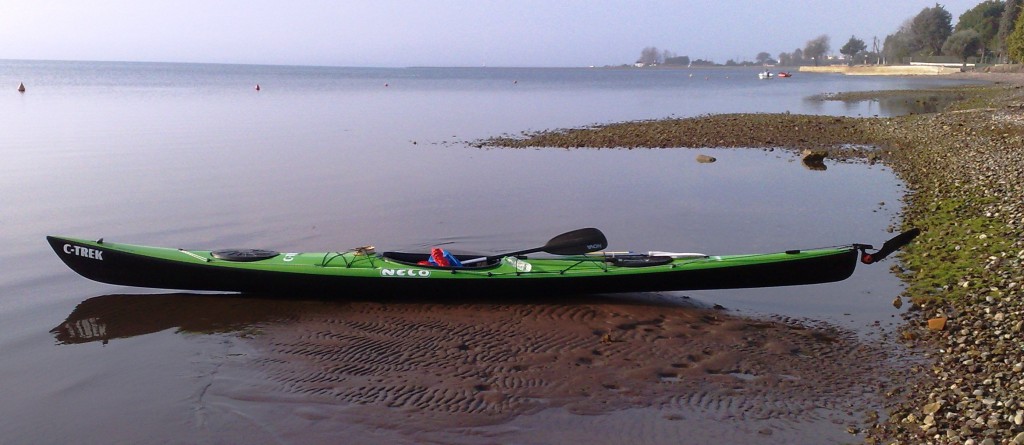About
Dr. George K. Karagiannidis was born in Pithagorion, Samos Island, Greece. He received the University Diploma (5 years) and Ph.D. degrees, both in Electrical and Computer Engineering, from the University of Patras in 1987 and 1999, respectively. From 2000 to 2004, he was a senior researcher at the Institute of Space Applications and Remote Sensing, National Observatory of Athens, Greece. In June 2004, he joined the faculty of the Aristotle University of Thessaloniki, Greece, where he is currently Professor at the Department of Electrical and Computer Engineering and Head of the Wireless Communications and Information Processing (WCIP) Group.
His research interests fall in the broad area of Communications Systems and Signal processing, with emphasis on Wireless Communications, Optical Wireless Communications, Wireless Power Transfer and Applications and Communications & Signal Processing for Biomedical Engineering.
Dr. Karagiannidis has published and presented more than 700 technical papers in scientific journals and international conferences. His work has received more than 36000 citations, with h-index=97 (Source: Google Scholar).
Dr. Karagiannidis was the EiC of IEEE Communications Letters from January 2012 to December 2015, and the Associate EiC of IEEE Open Journal of the Communications Society from 2019 to June 2022. Currently, he is the EiC of IEEE Transactions on Communications, starting in January 2024. In the last years, he has received three prestigious awards: The 2021 IEEE ComSoc RCC Technical Recognition Award, the 2018 IEEE ComSoc SPCE Technical Recognition Award, and the Humboldt Research Award from the Alexander von Humboldt Foundation.
He is an IEEE Fellow, recognized for his “Contributions to the performance analysis of wireless communication systems”.
He is one of the most highly-cited authors across all areas of Electrical Engineering, recognized as Web-of-Science Highly Cited Researcher in the last nine consecutive years 2015-2023.
My Instagram is @geokarag19 and for my Sea-Kayaking Skills see here



